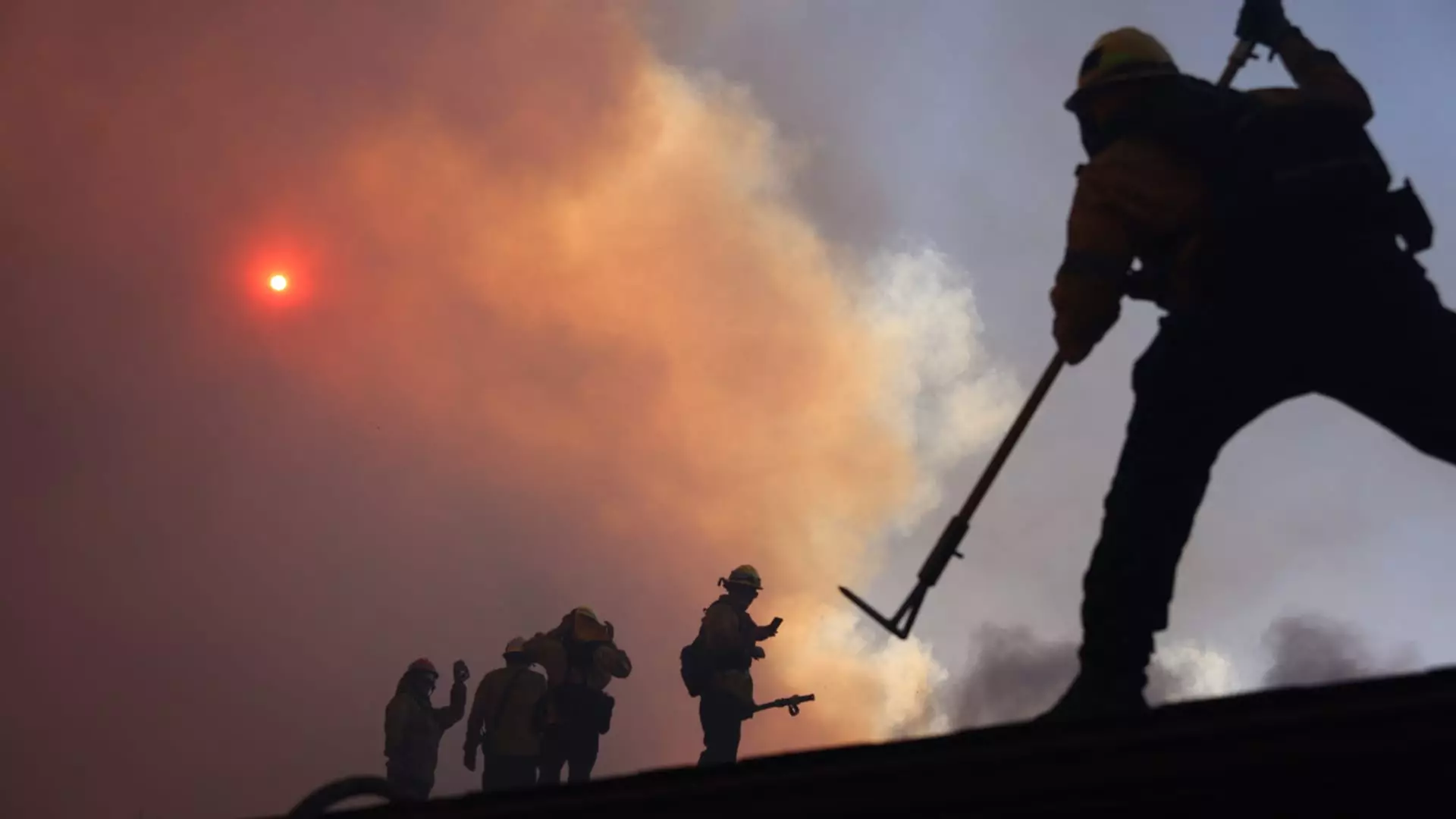The recent wildfires sweeping across the Los Angeles area of Southern California have resulted in unprecedented destruction. Tragically, this calamity has claimed at least five lives and forced more than 100,000 residents to evacuate. As the flames have consumed nearly 2,000 homes and businesses, communities are left grappling with the aftermath, and the need for support has never been more critical. Amid this heartbreaking disaster, the impulse to assist victims is strong, with many across the nation eager to donate both funds and emergency supplies.
However, in the wake of such crises, troubling issues often arise; notably, the proliferation of fundraising scams aiming to take advantage of the vulnerable situation. As generosity flourishes, so too does an opportunity for exploitation, making it imperative for potential donors to remain vigilant about where their contributions are directed.
To combat these fraudulent schemes and ensure that help reaches those who need it most, organizations like Charity Navigator have stepped forward to guide donors. Charity Navigator, a trusted evaluator of charitable organizations, has diligently curated a list of reputable nonprofits that are actively engaged in relief and recovery efforts in areas affected by the wildfires. Their recommendations highlight organizations such as the American Red Cross and the California Fire Foundation, all of which have demonstrated efficiency in helping those impacted by this catastrophic event.
Michael Thatcher, CEO of Charity Navigator, emphasizes the importance of vetting these organizations, asserting, “We’ve vetted the organizations that are there. These are all outstanding.” The reassurance of established, effective organizations is critical for ensuring that donations provide tangible support to both the victims and the responders who risk their lives during such disasters.
In moments of crisis, it is common for feelings of urgency and helplessness to prompt impulsive decision-making. However, experts urge caution, particularly regarding donations. Laurie Styron, CEO of CharityWatch, advises donors to approach contributions with care, stating, “it’s best to donate to a highly efficient and experienced charity versus to an individual crowdfunding campaign.” Charitable organizations are often better equipped to assess needs and distribute assistance effectively, providing a structured approach to helping victims.
Moreover, not all established organizations possess the specialized infrastructure or plans necessary to respond to the unique challenges posed by wildfire relief efforts. Styron cautions donors against acting hastily and recommends taking the time to verify the legitimacy and experience of a charity. An informed decision can enhance the impact of one’s generosity, ensuring that intended recipients benefit from the assistance offered.
The potential for fraudulent behavior escalates during high-pressure situations, and this reality cannot be overlooked. Thatcher stresses the importance of being proactive, suggesting that potential donors directly access a charity’s website or consult reputable charity evaluation platforms like Charity Navigator or the BBB Wise Giving Alliance. By avoiding unsolicited links in texts or social media, donors can safeguard against scams, protecting both their finances and the integrity of their contributions.
In addition to visiting official websites, those interested in donating should also consider the accreditation of a charity and remain wary of vague appeal descriptions. Transparency regarding what programs will benefit from donations, along with details about screening processes on crowdfunding platforms, are red flags worth scrutinizing.
As Southern California endures the devastating aftermath of wildfires, the response from the public can undoubtedly make a significant difference in the lives of those affected. However, informed and thoughtful charitable giving is paramount. By supporting credible organizations equipped to render aid effectively, donors can empower recovery efforts, enabling victims to rebuild their lives and communities.
Through vigilance, responsible donations, and a commitment to learning about the organizations that provide assistance, individuals can serve as a force for good during times of crisis. In a world where charity can be exploited, it is crucial to ensure that goodwill transforms into genuine support for those in desperate need.

